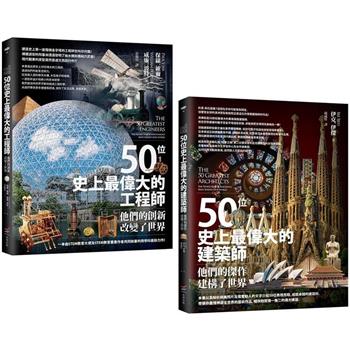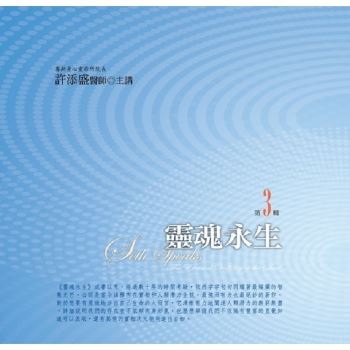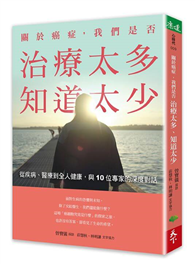The primary objective of this study is to provide a description of the major ideas about void space within and beyond the world that were formulated between the fourteenth and early eighteenth centuries. The second part of the book - on infinite, extracosmic void space - is of special significance. The significance of Professor Grant's account is twofold: it provides a comprehensive and detailed description of the scholastic Aristotelian arguments for and against the existence of void space; and it presents (again for the first time) an analysis of the possible influence of scholastic ideas and arguments on the interpretations of space proposed by the nonscholastic authors who made the Scientific Revolution possible. The concluding chapter of the book is unique in not only describing the conceptualizations of space proposed by the makers of the Scientific Revolution, but in assessing the role of readily available scholastic ideas on the conception of space adopted for the Newtonian world.
| FindBook |
有 1 項符合
Much ADO about Nothing: Theories of Space and Vacuum from the Middle Ages to the Scientific Revolution的圖書 |
 |
Much ADO about Nothing: Theories of Space and Vacuum from the Middle Ages to the Scientific Revolution 作者:Grant 出版社:Cambridge University Press 出版日期:2008-05-15 語言:英文 規格:平裝 / 472頁 / 23.4 x 15.5 x 2.5 cm / 普通級 |
| 圖書館借閱 |
| 國家圖書館 | 全國圖書書目資訊網 | 國立公共資訊圖書館 | 電子書服務平台 | MetaCat 跨館整合查詢 |
| 臺北市立圖書館 | 新北市立圖書館 | 基隆市公共圖書館 | 桃園市立圖書館 | 新竹縣公共圖書館 |
| 苗栗縣立圖書館 | 臺中市立圖書館 | 彰化縣公共圖書館 | 南投縣文化局 | 雲林縣公共圖書館 |
| 嘉義縣圖書館 | 臺南市立圖書館 | 高雄市立圖書館 | 屏東縣公共圖書館 | 宜蘭縣公共圖書館 |
| 花蓮縣文化局 | 臺東縣文化處 |
|
|
圖書介紹 - 資料來源:博客來 評分:
圖書名稱:Much ADO about Nothing: Theories of Space and Vacuum from the Middle Ages to the Scientific Revolution
|











